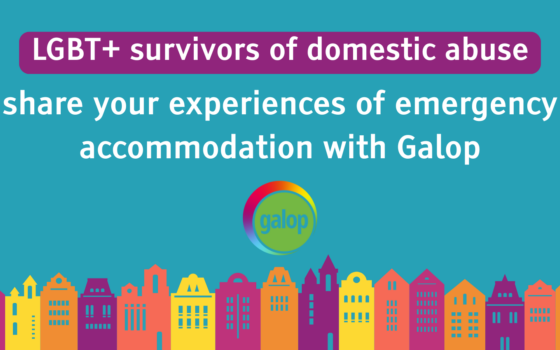The date for the second reading of the Domestic Abuse Bill in the House of Lords will not be announced until 2021. But we wanted to update you before the end of 2020 - a year in which the amendment for survivor anonymity was heard in the Houses of Parliament at Committee and Reporting stages thanks to the support and commitment of local MPs Caroline Lucas and Peter Kyle.
Since parliament resumed in September, we have been lobbying sympathetic Peers in the House of Lords. As it stands, the privacy and safety of domestic abuse survivors is still compromised. But we have a final chance to make a change to the Bill, that will protect survivor's anonymity in the press. We're pleased with how far the campaign has come. But we need your help to win in 2021.
We need - now more than ever - as many petition signatures as possible to demonstrate to peers in the House of Lords how loud the call is for this change to the law. You'll notice the targets of the petition are now House of Lords Peers - as we will need a peer to speak on our amendment to give it a chance of being voted through.
Please sign the petition and share the following link with everyone you know, urging them to take action:
Please keep an eye on our Facebook and Twitter for more updates and further actions you can take to help make this happen. We'll soon be asking for your support to lobby peers in the new year.
We're so close - and together we can do this.
Why are we calling for survivor anonymity? A reminder.
Right now, anything said in court during a domestic abuse case can be reported in the media - including survivors’ names and other identifiable details. This puts women and their families at risk of futher harm and abuse and removes a survivor’s right to privacy.
The change in law is needed now more than ever. At the peak of the last lockdown, RISE saw helpline calls more than triple (an increase of 220%), and there is still an increased demand for their domestic abuse services. Further down the line, this will also lead to an increase of domestic abuse cases in court. This matters now.
A domestic abuse survivor, who has been supported by RISE, told us their story in support of this change to the law:
“...I tried to keep my ordeal to myself and as such didn’t want any press coverage about it. However a journalist who attended the Magistrates Court wrote a piece about the case, and after missing a piece of evidence, contacted me through the CPS to say that if I didn’t provide her with a copy of this she would publish my surname, address and place of work in the article. This information is read out in open court as part of the application for the restraining order, and as it stands a paper can legally print it.
“Not only did the journalist “out” me as a victim when I wanted to keep the ordeal to myself, but I was blackmailed into supplying an image for the story which made me feel violated. All the anxiety that my stalker caused me came flooding back: the only difference was that this journalist was able to do that legally. Imagine having to recover from the ordeal of being stalked and harassed and then having your work details as well as your address published publicly? This has to stop!”

